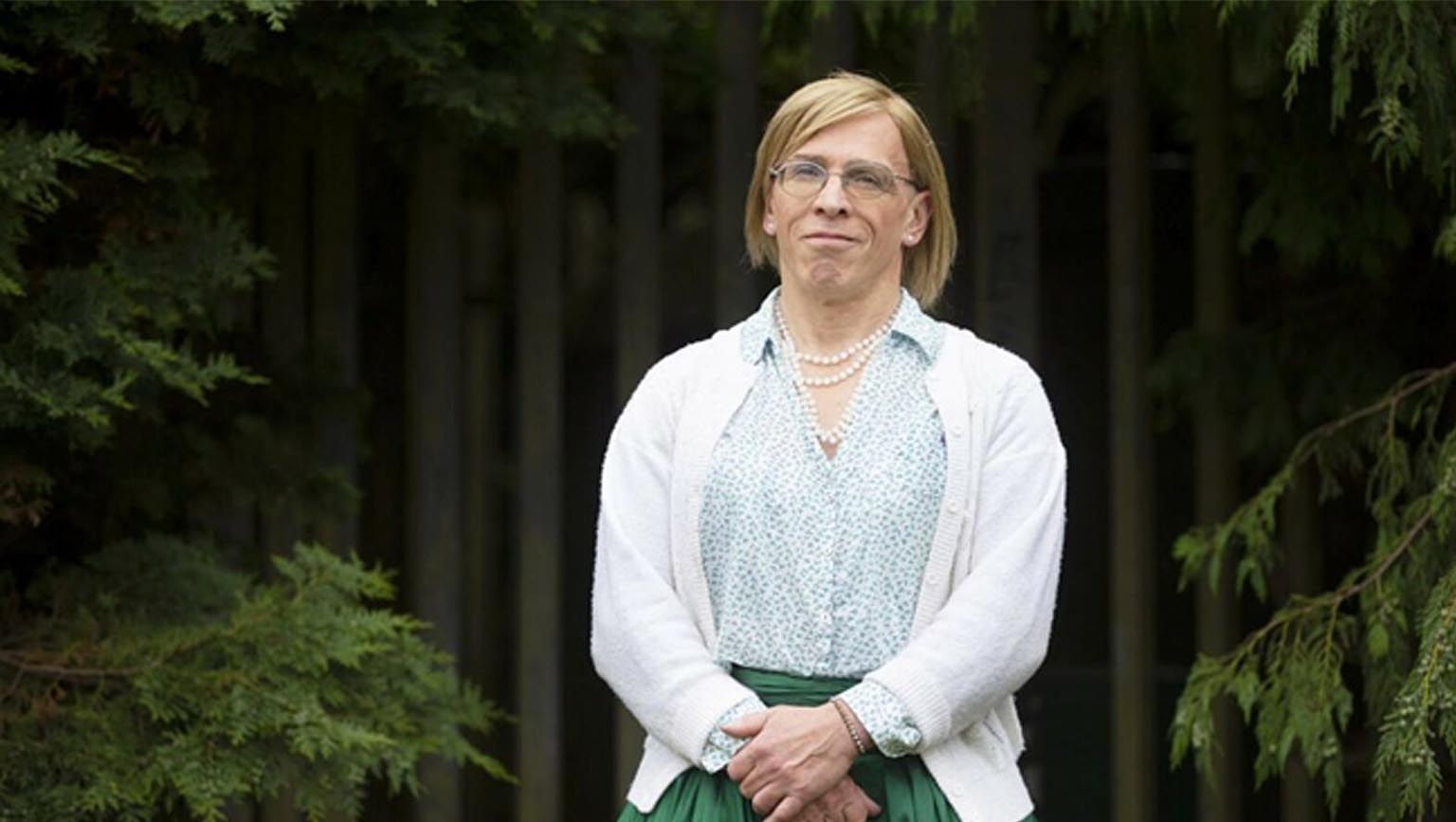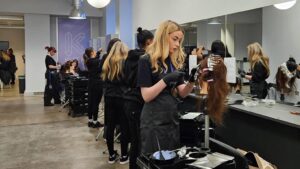
The Basement Gym + Studio opens in Camden Town
Camdenist readers get 50% off their first month’s membership, too

We speak with trans philosopher, Sophie Grace Chappell, panelist at HowTheLightGetsIn on the importance of epiphanies and paying attention to the ‘wow moments’ in our lives, and how she became a specialist in this area.
I was studying moral theory as most philosophers do it; looking for a single, simple, systematic and explanatory theory of everything in ethics. And I came to feel that that wasn’t actually the way to go. I began to think about what is it in in our lives that we value? What strikes us as beautiful and wonderful, what strikes us as terrible and bad and awful? And why? How does how does our life shape up if we start from inside our experience, instead of from some abstract viewpoint and imposing that upon the spirit. And you quickly come to the idea that you find so much in literature, and in poetry, of trying to describe, or pinpoint, or even produced peak experiences or ‘wow’ moments – experiences of the wonder in the world. So I decided to write a book about it.
People are quite cynical about the state of the world at the moment, so do you feel we need to be reminded to feel the power of our day-to-day epiphanies?
One of my favourite philosophers, Iris Murdoch, was onto something when she talked about our need for attention and for stillness. We need to be listening and attending to what’s around us and seeing what’s actually there. Yes, people are very cynical often in society, but they’re also often very gullible and often very naive. Somewhere in between the cynicism and the gullibility there’s the possibility that we might just open our eyes, see what’s right in front of us and realise the beauty of it.
Your next book is on human friendship, so have you had similar changes of heart over our approach to relationships?
On the one hand, philosophers have been much to po-faced about friendship. It’s also earnest and serious. Nietzsche says ‘the friend is the Superman to me’, and you think whoa, steady on, we’re just down the pub having a few pints – why get so heavy? I think one of the great things about friendship is that precisely isn’t a lot of the time earnest or serious, it’s relaxed, friendly, and convivial. Aristotle says the best friendships have to be between men of virtue, but if we look at his life, he had all kinds of relaxed relationships, for instance with women and slaves. As with my work on epiphanies, often the way that we behave belies the way we cat, and it’s the way we walk, not the way we talk, that’s worth following.
And you’re also working on a book stemming from your own experience as a trans woman.
My new book is called ‘Trans Figured: On Being a Transgender Person in a Cisgender World.’ We have a media which is often extremely nasty and likes to villainise and demonise ‘other’ groups. Yet my own experience of being trans in the world is that most of the time, people in real life are absolutely fine and don’t have a problem with me at all. But then you see the same people picking up the hate rags and reading these epic campaigns of hounding anyone who’s trans as far as I can see. That’s just bizarre and a bit distressing. So I wrote the book because I think that in so much discourse the media and the government say all these extraordinary things about us, and trans people aren’t in the debate. We are discussed without being part of the discussion. Trans voices need to be heard, that seems to be a more sane approach, to let people see our faces, and hear our voices. We’re not monsters, we’re just human beings who happen to be wired a little bit differently from you. And that’s okay. You can cope with that if you try.
Trans is such a culture war issue at the moment, so do you have hope for how this might progress in the future?
I’ve also been involved in the Scottish independence campaign, and the saying there is simply ‘tick tock’, in that things are going to change in the passage of time. They can go in the wrong direction too, of course, but I think when you look at the difference in the attitude of the generations – as one lovely young person said to me – ‘it’s just not a biggie for us’, and that level of almost apathy in younger people is something I aspire to. Yet something as simple as using new pronouns seem to fry someone like Piers Morgan’s brain. When people become doctors, or get married we totally accept that they change their names. The media are constantly scolding people for not going along with their norms, but who do they think will be watching and reading that stuff in 20 years if they proceed to treat them like that? If you enjoyed this interview with trans philosopher, Sophie Grace Chappell, check out Camdenist for more.
Sophie Grace Chappell is a panelist at HowTheLightGetsIn , the world’s largest philosophy and music festival, which returns to London this 23-24 September.
Renowned as a hub for world-leading thinkers, Mercury-prize winning musicians and cutting-edge comedians, this year’s festival theme is ‘Dangers, Desire, and Destiny’. Expect to see Ruby Wax, Alastair Campbell, Rory Stewart, Deborah Frances-White, David Baddiel, Michio Kaku and more lock horns over a packed weekend of debates, talks and performances. Explore the full line-up here.
As partners of the festival, we’re thrilled to offer 20% off full festival tickets with code CAM23. Get your discounted tickets here.

Camdenist readers get 50% off their first month’s membership, too

A brand new hairdressing and barbering academy has landed in Camden Town and is now seeking style-conscious models and enthusiastic trainees

We speak to founder, Sol, about bringing the studio to Kentish Town

Explore the neighbourhood’s brand new neighbourhood